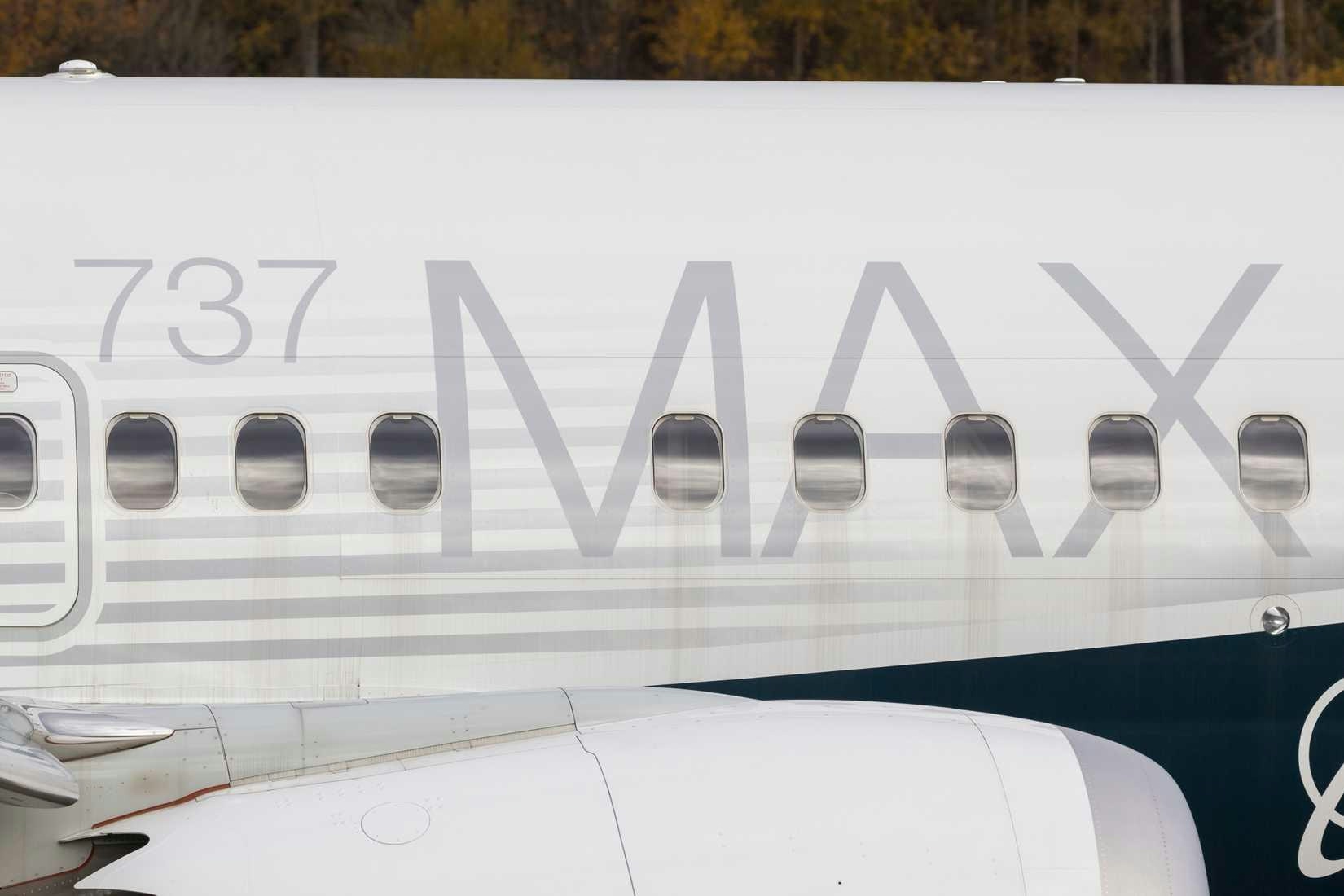
AeroGenie — ваш интеллектуальный второй пилот.
В тренде
Categories
Boeing’s Key Jet Faces Another Delay, Raising Industry Concerns
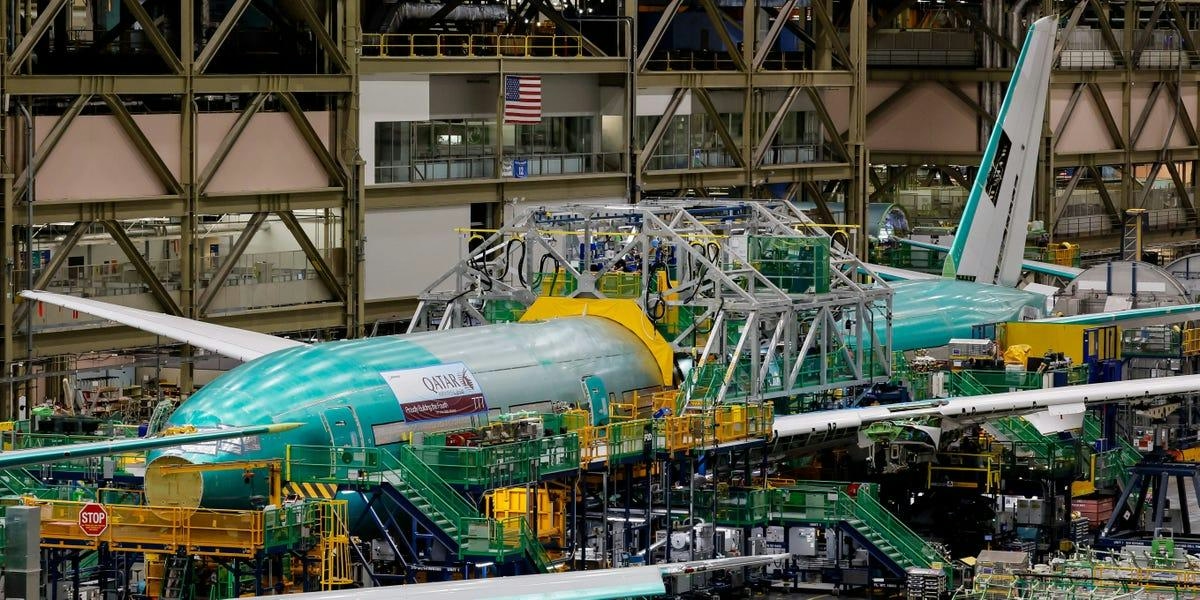
Boeing’s 777X Faces Further Delay Amid Industry Concerns
Boeing’s long-awaited 777X jetliner has encountered yet another delay, with its entry into service now postponed to 2027—seven years beyond the original 2020 target. This latest setback, attributed to ongoing certification challenges, has intensified scrutiny of Boeing’s engineering and regulatory processes at a pivotal moment for the aerospace giant.
Impact on Customers and Industry
The delay was first reported by Bloomberg, revealing that Lufthansa, the German flag carrier and launch customer, has removed the 777X from its 2026 fleet plans. The aircraft, which has garnered approximately 600 orders from over a dozen airlines, is promoted as the world’s largest passenger plane currently in production. It features advanced innovations such as folding wingtips and enhanced fuel efficiency, designed to meet evolving market demands.
Boeing declined to comment on the delay, citing its pre-earnings quiet period, while Lufthansa directed inquiries back to the manufacturer. At a recent Morgan Stanley conference, Boeing CEO Kelly Ortberg acknowledged that certification hurdles were contributing to further delays but refrained from providing a revised timeline. He emphasized the financial implications, stating, “Even a minor schedule delay on the 777 program has a pretty big financial impact.”
Financial and Competitive Ramifications
Industry analysts warn that the postponement could carry substantial financial consequences. Jefferies analyst Sheila Kahyaoglu estimated that Boeing might incur a $4 billion charge due to the delay. Aviation analyst Richard Aboulafia highlighted that, unlike previous setbacks caused by technical difficulties, the current delay appears linked to external factors, including constrained FAA resources exacerbated by a recent government shutdown.
The 777X delay is particularly consequential as Boeing had positioned the aircraft as central to its recovery following the 737 Max crisis. As the company’s only next-generation widebody jet in production, the 777X’s success is critical to restoring confidence in Boeing’s ability to engineer and certify new aircraft. Repeated postponements have raised concerns among major customers, with Emirates expressing frustration and signaling plans for serious discussions with Boeing regarding the impact on their fleet strategies.
Each delay not only imposes financial strain but also erodes trust among customers, passengers, and investors. Airlines are compelled to continue operating older, less efficient aircraft, while rival Airbus gains a competitive edge in the long-haul market, further challenging Boeing’s position.
As Boeing endeavors to resolve certification issues and bring the 777X to market, the company faces mounting pressure to validate its modified design approach and reassure stakeholders of its capacity to fulfill its commitments.

Nine Lufthansa Airlines to Adopt Amadeus’ AI-Based Nevio Modular Solutions

ACC Aviation Names Luca D’Urso Vice President

BluJay Aerospace Advances Indian Aviation
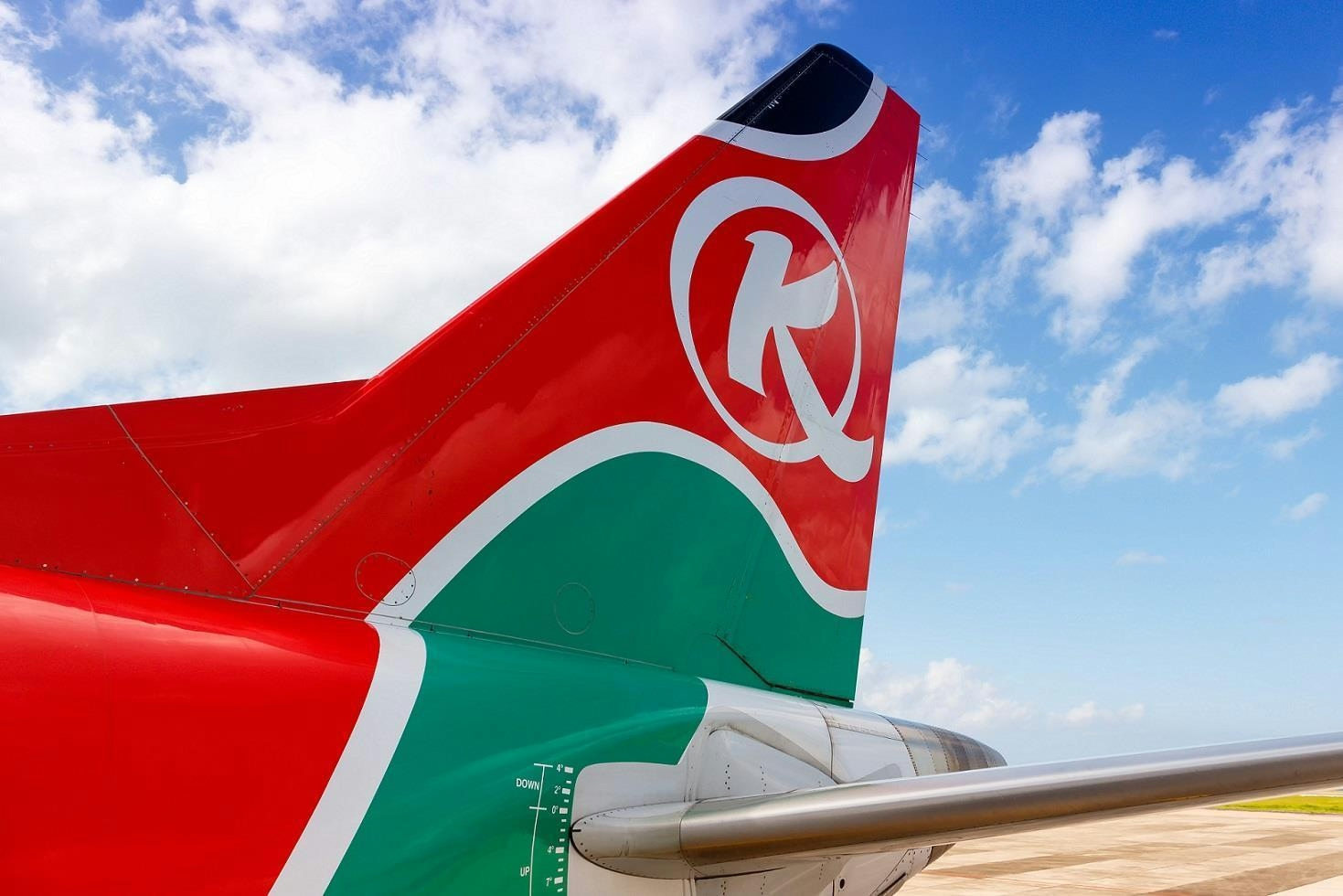
Kenya Airways Plans to Use 767 Freighters Ahead of 777F Delivery
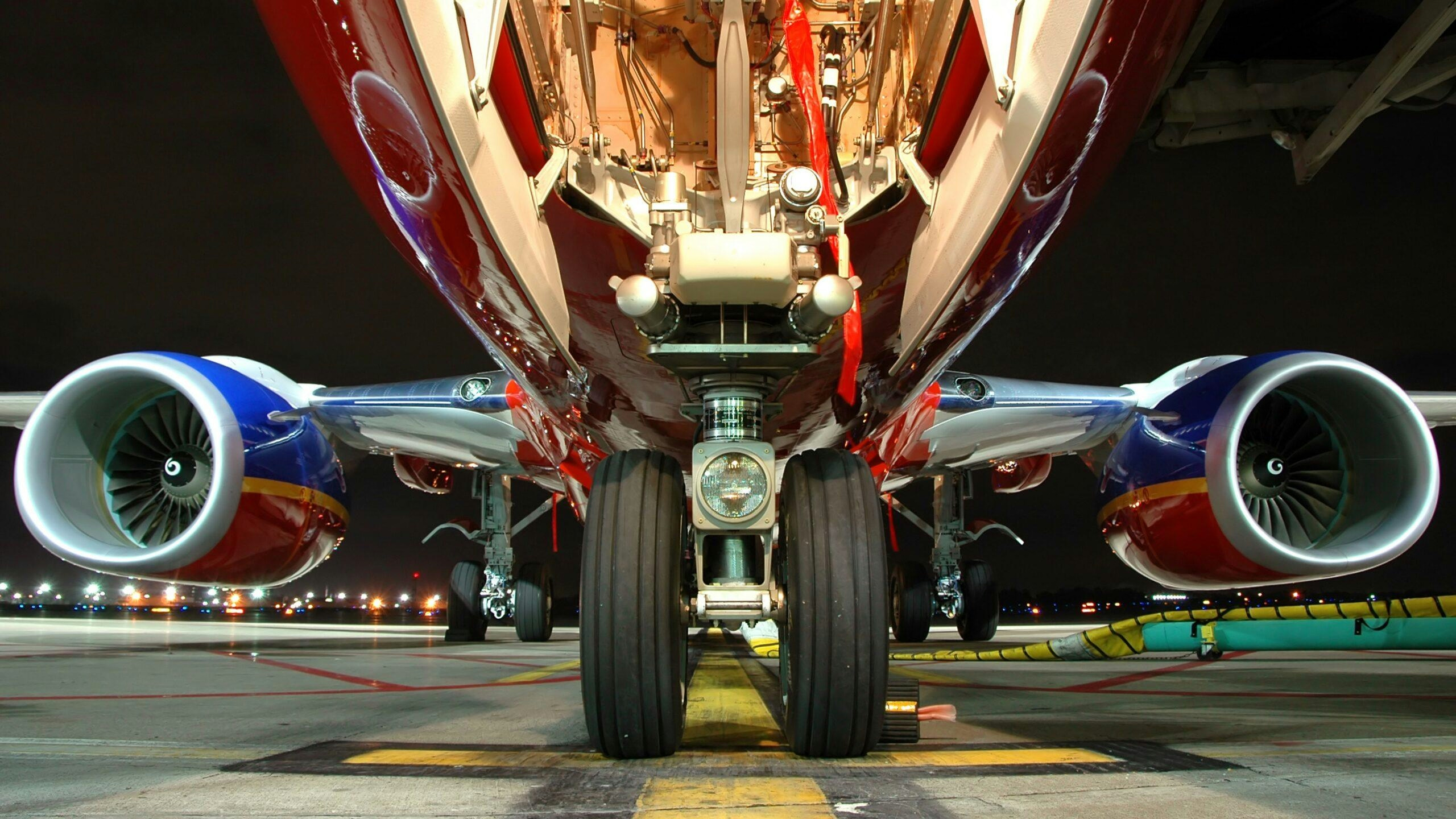
AxioAero Group Acquires Airway Aerospace
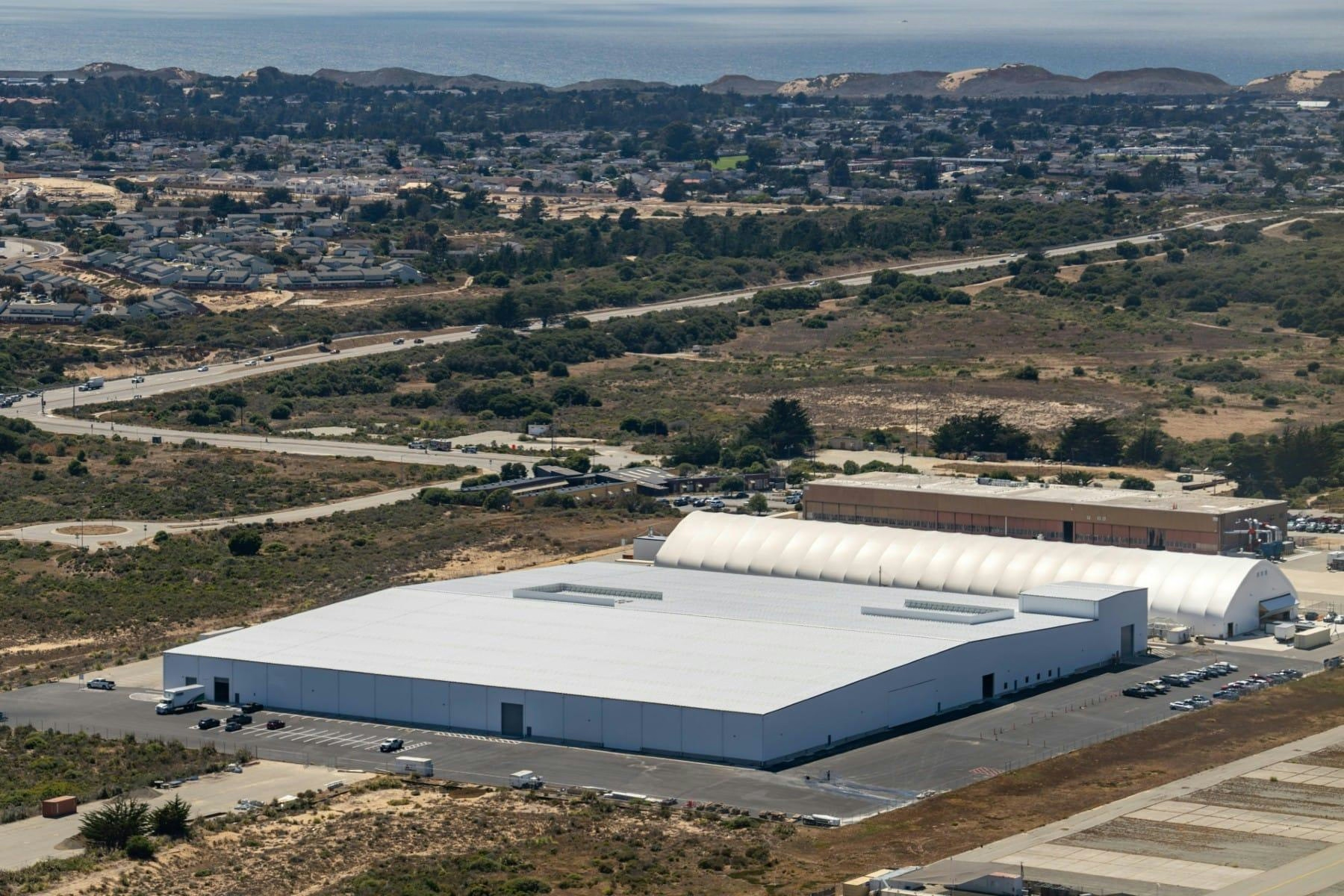
Joby to Train Up to 250 Pilots Annually with New Simulators in Marina
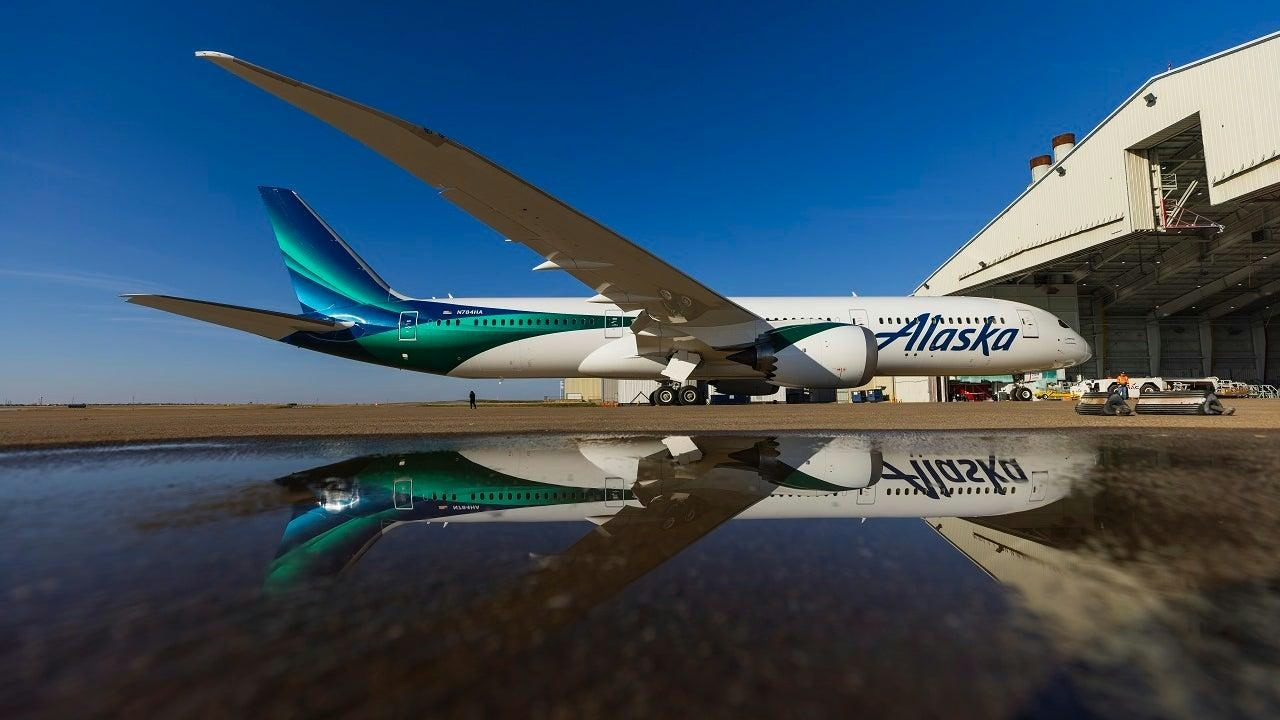
Boeing and Alaska Airlines Confirm Major Aircraft Order
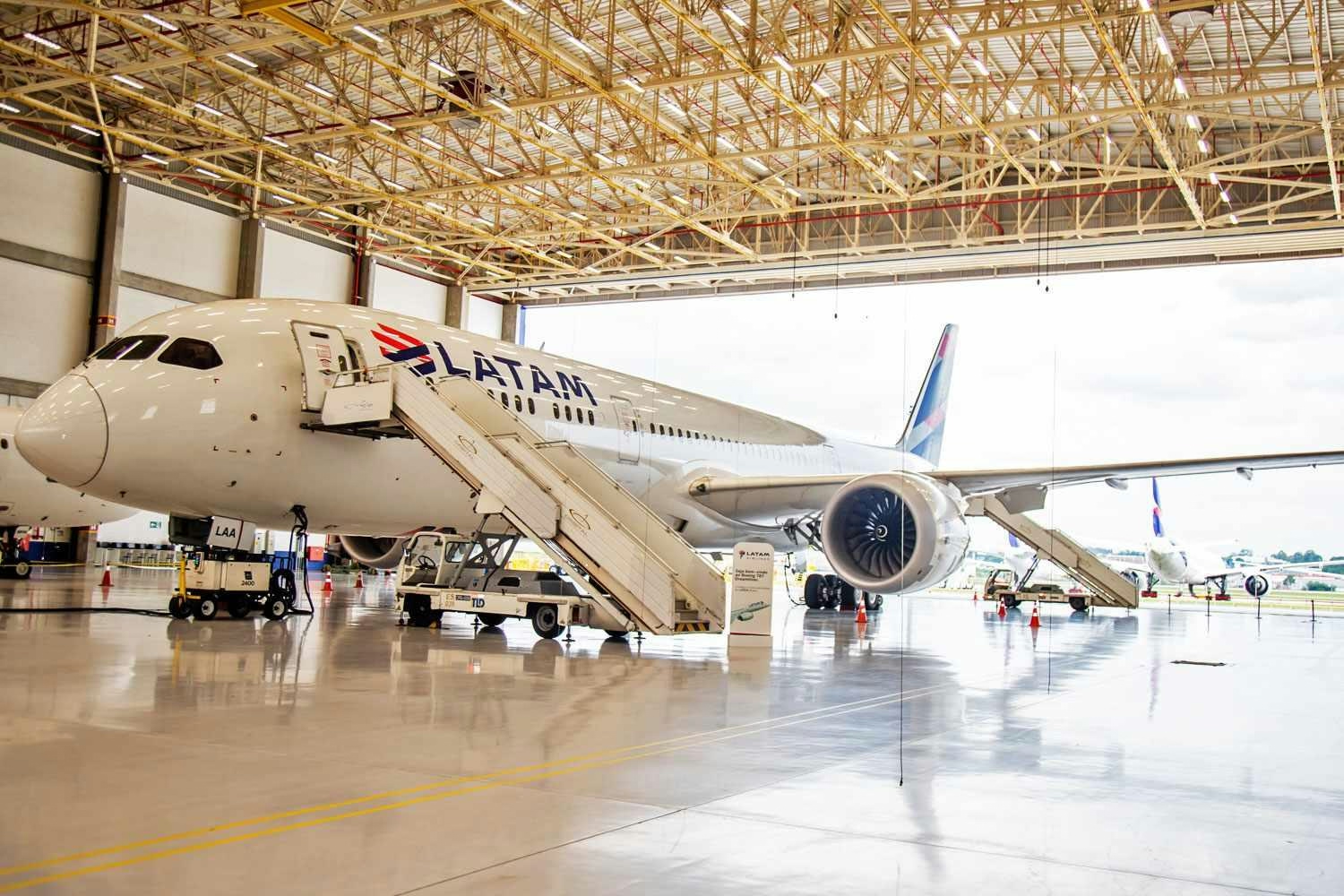
LATAM Receives First Boeing 787-9 Equipped with GEnx Engines
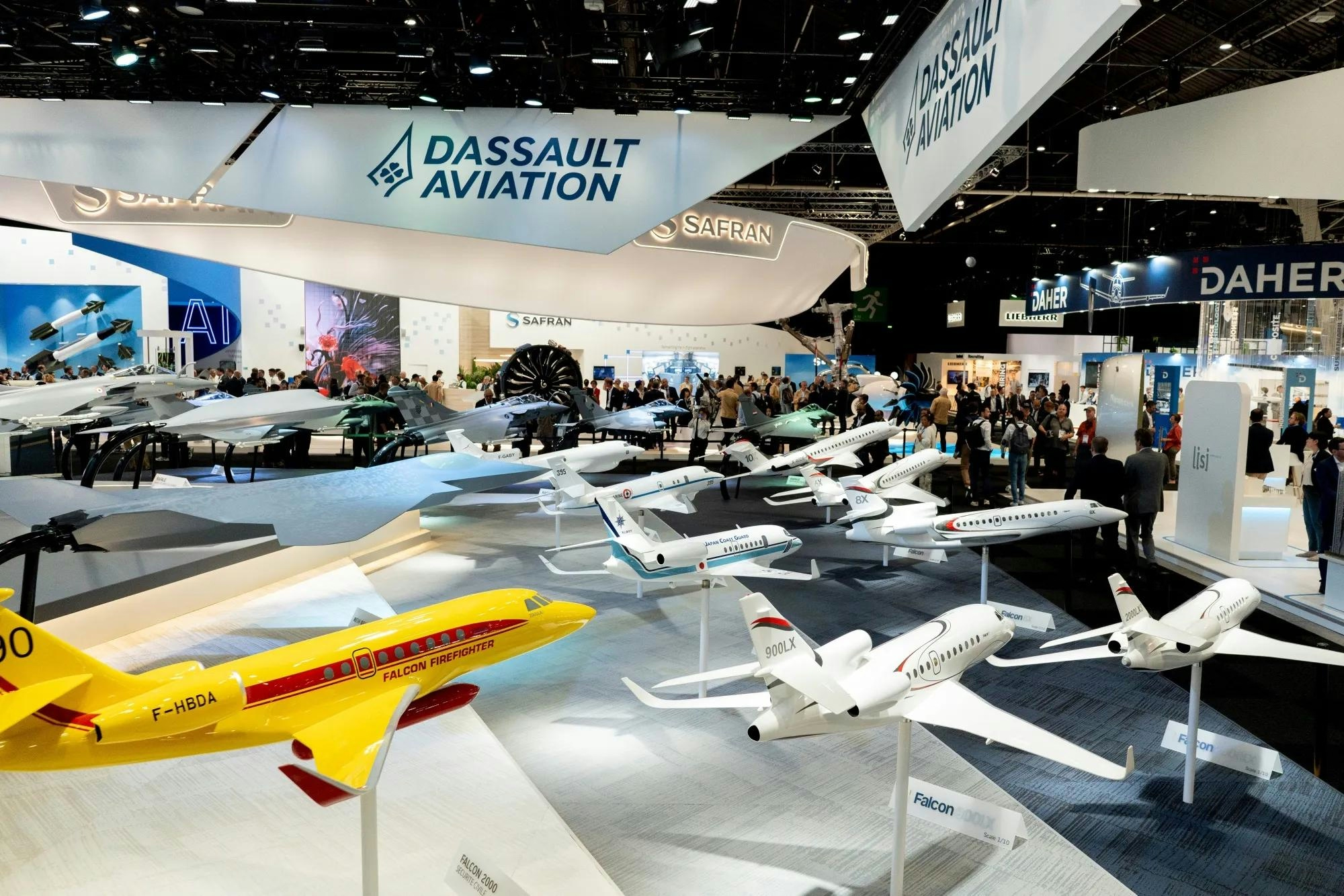
Dassault Aviation Reports Aircraft Deliveries, Orders, Backlog, and Sales Outlook
